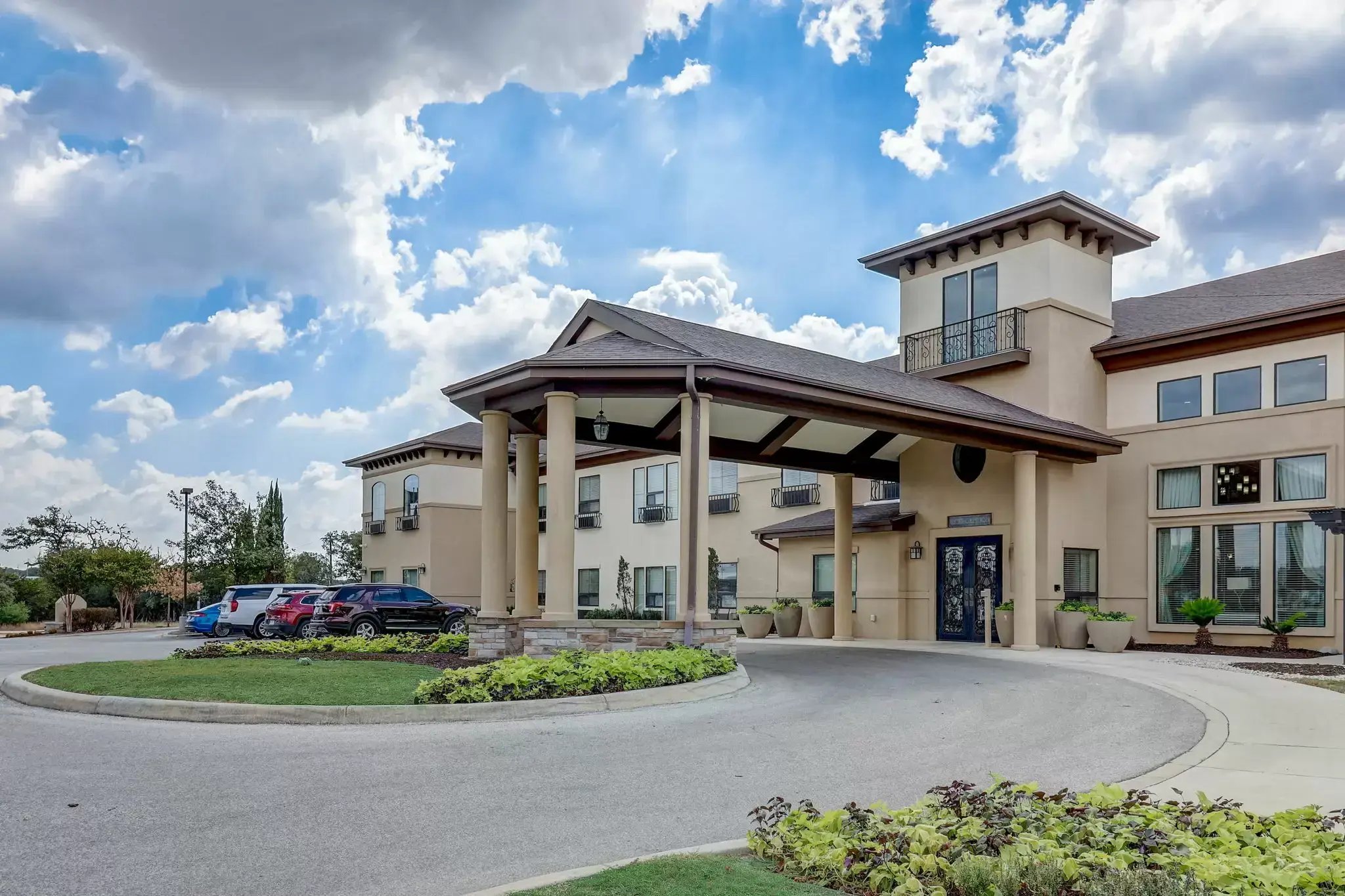
Setting the New Standard in San Antonio Senior Living
At Shavano Park Senior Living, our residents experience an exquisite environment, delectable and nourishing meals, a lifestyle filled with abundant amenities, and personalized care services that promote optimal health. With our round-the-clock care, the entire family can have peace of mind, knowing that their loved ones are attentively looked after every day, ensuring their well-being and security.
Let's Explore Our Floor Plans & Pricing
Canyon Deluxe One Bedroom, One Bath, One Living Room
456 sq. ft.
#open-popup__reveal-pricing-form - Editor Preview
Reach Out to Shavano Park
It's time to experience the best years of your life. Let us help you make the most of post-retirement living. Schedule a tour of Shavano Park today!


























